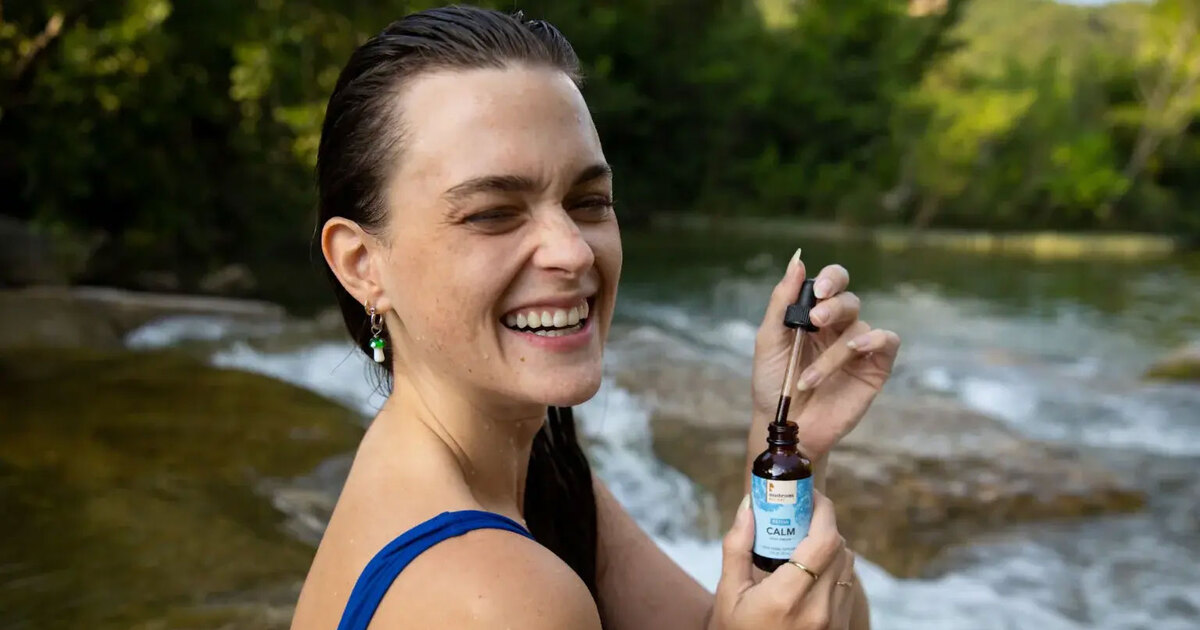Many factors can affect your weight, including your genes, age, gender, lifestyle, family habits, culture, sleep, and even where you live and work. Some of these factors can make it hard to maintain or achieve a healthy weight. Regardless, following a nutritious eating pattern and exercising regularly can help keep your body as healthy as possible as you age. Read on to learn why weight may change as you get older, why it’s important to aim for a healthy weight, and what you can do to help meet your goals.
Why does weight change as we age?
As we age, metabolism — how the body gets energy from food — can change. This means that some older adults must become more active or eat fewer calories to maintain or achieve their ideal weight.
Other older adults may lose weight unintentionally. This can happen if you have less of an appetite, difficulty leaving the house to buy food, pain when chewing or swallowing, or forget to eat.
Why should older adults maintain a healthy weight?
Keeping your weight in the normal range is an important part of healthy aging. As in other stages of life, elevated body mass index (BMI) in older adults can increase the likelihood of developing health problems. These include heart disease, high blood pressure, stroke, and diabetes. Losing weight or maintaining a healthy weight can help decrease these risks.
Being underweight also increases your chance of developing health problems. If you have a low BMI, you may be more likely to develop medical problems such as osteoporosis and anemia, and it may be harder to recover from an illness or infection.
How are food, exercise, and calories connected?
Being active and choosing healthy foods can help you maintain or achieve a healthy weight, feel more energetic, and decrease your chances of having other health problems. It’s important to choose foods rich in nutrients and aim for at least 150 minutes of physical activity per week.
The energy your body gets from the foods and drinks you consume is measured in calories. Your body needs a certain number of calories each day, depending on your activity level and other factors, to maintain your current weight. Visit MyPlate Plan to determine how many calories a day you need based on your age, sex, height, weight, and physical activity level.
To lose weight, exercise more or eat fewer calories than is recommended. To gain weight, increase the number of calories you eat while maintaining a moderate activity level.
Read more about making smart food choices and find recommendations of how much to eat, organized by activity level.
What should I eat to lose or gain weight?
Whether you are trying to lose or gain weight, eating healthy foods matters. Try to follow a healthy eating pattern rich in vegetables, fruits, whole grains, low-fat dairy, and lean proteins. If you’re concerned about your weight and want to change it, there are things you can do. Talk with a health care professional about how to make changes in a healthy way that’s right for you.
Trying to lose weight?
- Limit portion size to control calorie intake.
- Be as physically active as you can be.
- Swap out your usual foods for healthier alternatives.
- Stay hydrated with water and avoid drinks with added sugar.
- Set specific, realistic goals, such as three 15-minute walks per week.
- If there’s a break in your healthy eating or exercise, try to get back on track as quickly as possible.
- Keep track of what you eat in a food diary.
Trying to gain weight?
- Eat more foods with healthy fats, such as avocados and peanut butter.
- If you get full quickly, eat frequent, smaller meals throughout the day.
- Add nutrient-dense snacks such as nuts, cheese, and dried fruit to your menu.
- Dine with friends and family to make the experience more enjoyable.
- Stay active to boost your appetite.
How much physical activity do I need?

Exercise and physical activity are good for just about everyone including older adults. Aim for at least 150 minutes of moderate-intensity aerobic activity — working hard enough to raise your heart rate and break a sweat — each week. You don’t have to accomplish this all at once, rather, you can break up your activity over the course of seven days. If you can’t meet the goal right away, try to be as physically active as you can. Doing something is better than doing nothing at all.
For adults at every weight, aging is associated with muscle loss, which makes certain activities difficult. Being active can help older adults maintain muscle mass and make it easier to conduct daily activities, participate in outings, drive, keep up with grandchildren, avoid falls, and stay as independent as possible.
You don’t need to spend a lot of money joining a gym or hiring a personal trainer to get fit. Think about the kinds of physical activities that you enjoy, for example, walking, running, bicycling, gardening, swimming, and dancing. Even everyday chores such as vacuuming can provide physical activity. While you’re getting started with exercise, try to stay motivated to move your body regularly. Then increase the length of time you exercise or add another fun activity. Talk with your doctor before starting a new or more vigorous exercise program.
Read about this topic in Spanish. Lea sobre este tema en español.
For more information on maintaining a healthy weight
This content is provided by the NIH National Institute on Aging (NIA). NIA scientists and other experts review this content to ensure it is accurate and up to date.
Content reviewed:
April 07, 2022



